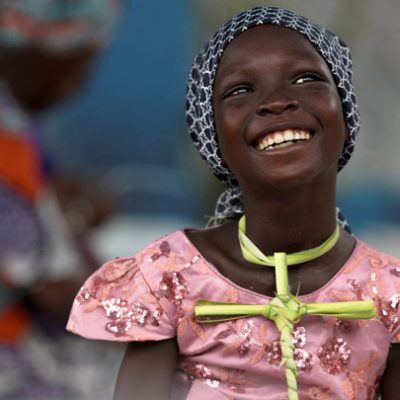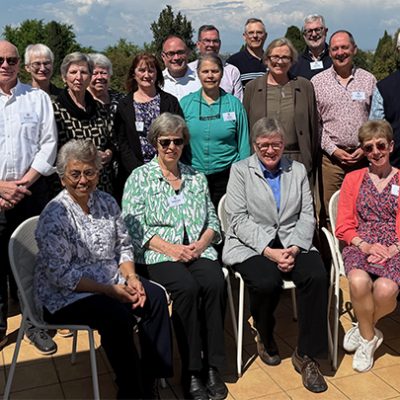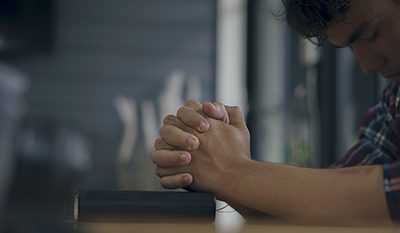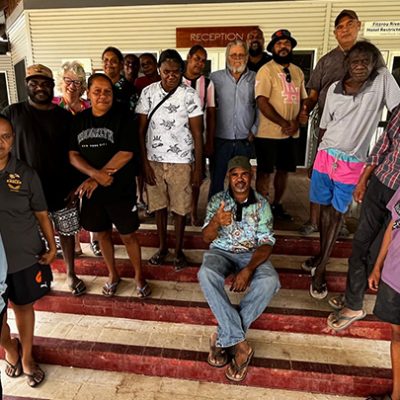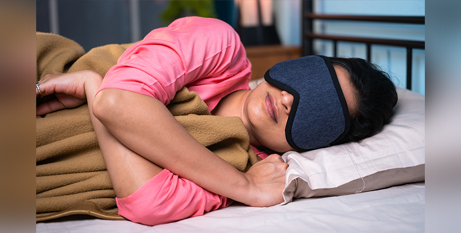
Australian researchers are investigating whether faith and spirituality influences how people dream – and whether people who are religious are less likely to have nightmares and dreams about death. Source: ABC News.
Led by the University of Western Australia, the study will also investigate whether bad dreams lead to residual feelings of anxiety during the day.
Lead researcher Ian Dunican, an adjunct senior research fellow at UWA’s Centre for Sleep Science, said the research question was partly a response to Australia’s declining connection with religion.
The 2021 Census found almost 40 per cent of Australia’s population had “no religion”, compared with less than 7 per cent in 1971.
“As religion and spirituality have been sort of taken out of the world, or we put less faith in it, is that contributing to more anxiety [about death]?,” Dr Dunican said.
“And what about the reverse?
“The people who do have these practices — will that actually reduce the anxiety and reduce the nightmare frequency?”
Researchers from the University of Sydney and Monash University are also working on the study.
Dr Dunican said the project would build on evidence from Monash University researcher Hailey Meaklim, who found that people had more dreams about death during the pandemic.
He said the UWA study would be the first to investigate the relationship between nightmares, anxiety, insomnia and sleep quality.
Dr Dunican said there was limited research being done in the study of dreams because it was challenging.
Researchers are inviting anyone in Australia aged 18 or older to participate anonymously in a 20-minute online survey for the study.
FULL STORY
Relationship between religious beliefs, nightmares, and anxiety being probed in new study (By Alicia Bridges, ABC News)



